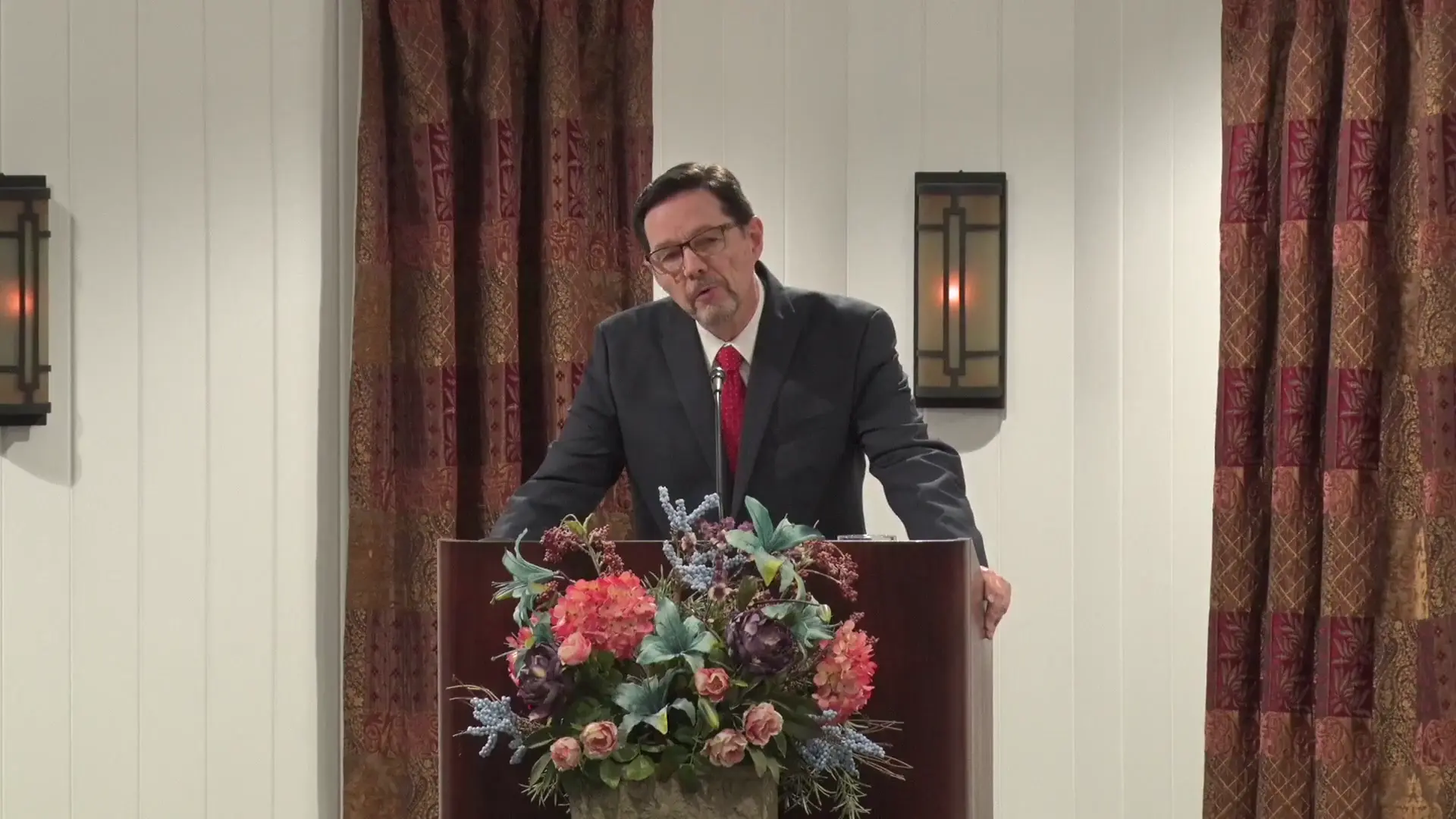Filter by Categories
Not To Reason Why
Commentary by Richard T. RitenbaughWhy did God allow this tragedy? Why do the good suffer and the evil prosper? We want answers to these questions, but Jesus points us in another direction.

It's Enough! Now, Lord, Take My Life!
Sermon by Martin G. CollinsGreat luminaries of faith all wrestled with devastating despair. We must face depression with honesty, compassion, and unwavering trust in God.
Overcoming Discouragement and Depression
Sermon by Martin G. CollinsEven loyal servants of God have had to contend with depression and discouragement. Antidotes include rest, refocus, right expectations, and obedient actions.

Everlasting Consolation and Good Hope
Sermon by Martin G. CollinsGod's saints are not immune to depression. Job, Moses, and Elijah all felt so overwhelmed, they wanted God to take their lives.

Those Who Mourn
Sermon by Richard T. RitenbaughWorldly sorrow leads to death while godly sorrow leads to repentance and life. After godly repentance, sorrow is swallowed up in profound joy.
Lamentations (Part Eight)
Sermon by Richard T. RitenbaughAs we approach the coming self-examination prior to Passover, we can apply six significant lessons taught to ancient Israel through the book of Lamentations.

Job: Things Left Unsaid
Sermon by David C. GrabbeEven the accuser of the brethren made no accusations against Job, the first of several curious absences—things left unsaid—in the book of Job.
Our Affinity to Christ
Sermon/Bible Study by Richard T. RitenbaughJesus has already suffered the things we have, and now serves as our compassionate High Priest and Advocate. He provides the pattern we are to emulate.
According to My Gospel
Sermonette by Charles Whitaker (1944-2021)Paul's believed that there is only one gospel and used the terms 'gospel of God' and 'gospel of Jesus Christ,' teaching the same things as Jesus Christ.
Lamentations (Part Six)
Sermon by Richard T. RitenbaughIn Lamentations 3, the narrator finally convinces Lady Jerusalem that her own sins have caused her necessary punishment and affliction by God.
Confidence in the Flesh Versus Faith
Sermon by Martin G. CollinsWe must turn from our own gossamer righteousness to God's solid righteousness, accepting a higher standard than the rest of society.
Unity (2006)
Sermon by John W. RitenbaughLike the symphony orchestra, only as an instrumentalist submits to the leader, working with the other members of the ensemble, can unity be accomplished.
Acts (Part Twelve)
Sermon/Bible Study by John W. RitenbaughPaul and Barnabas developed the church in the cosmopolitan city of Antioch, the location from where the term 'Christian' originated.
Unity and Unleavened Bread
Sermon by John W. RitenbaughAs members of Christ's body, we must function for the good of the whole body, not competing with other parts. We must continually function as a son of God.
Philippians (Part Seven)
Sermon/Bible Study by John W. RitenbaughPaul warns the Philippians that nothing blemishes their witness more than complaining, because like the Israelites, they were calling God into account.
'But I Say to You' (Part Six): Retaliation
Sermon by Richard T. RitenbaughJesus, using hyperbole to shock His disciples into a change of behavior or attitude, emphasizing that they should resist the impulse to retaliate.
Ecclesiastes Resumed (Part Four)
Sermon by John W. Ritenbaugh (1932-2023)Profit from life is produced by work, requiring sacrifices of time and energy. We have been created for the very purpose of doing good works.
Freedom and Responsibility
Commentary by John W. Ritenbaugh (1932-2023)When a culture liberalizes, there will be a corresponding rise in irresponsibility, as people become fickle, rash, undependable, untrustworthy or disloyal.
Go the Extra Mile
'Ready Answer' by John O. ReidThe Sermon on the Mount contains a explanation of what it takes to be a Christian. Matthew 5:38-42 provides the principles behind the 'above and beyond' attitude.